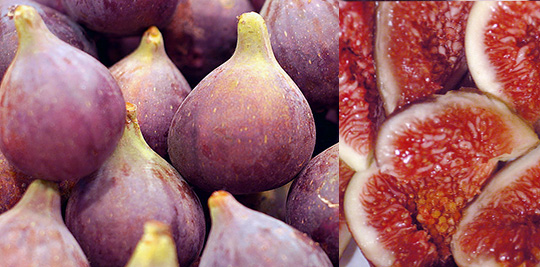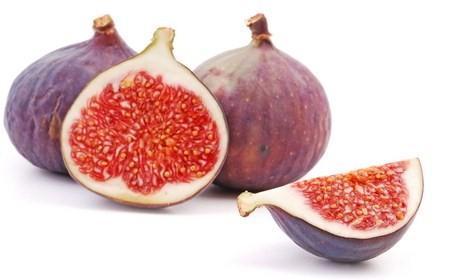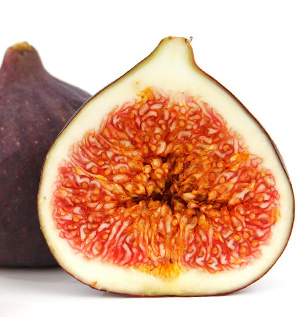Becoming a pet parent isn’t an easy job. Your pets are dependent on you to make the right decisions for them, and for you to do that, you need to be everything you can about your beloved pets. Being a cat parent is even more hard work because cats are full of surprises, and they often do things they aren’t supposed to, and you end up super confused about whether there is something inherently wrong with your cat!
Food is no exception. Cats are supposed to be obligate carnivores, which means they only need meat/ animal protein to live a long and healthy life, and that is the only thing that their digestive systems can tolerate. However, you’ll catch your little feline chewing on grass and eyeing the greens on your plate from time to time, which makes you question if you’re mistaken about their strict meat diets.
Shockingly enough, our carnivore felines can tolerate a bit of green in their diets. This doesn’t mean that they should be routinely included in their meals, but a munch here and there won’t hurt. They might simply want a taste out of curiosity or even greediness. However, this by no means means that all plants are safe to be given to cats, and so you have to be careful when you offer them some.
Today, we’re going to look into whether cats can eat figs. Read on to find out all that you need to know about the two.
Can cats eat figs?

Figs are a popular food that we all enjoy eating. This fruit is laden with health benefits that range from potassium to calcium to iron and copper, as well as being rich in antioxidants and all the necessary vitamins that keep us fit and healthy. They also have high fiber content, which makes them great for our digestion.
But as is the case with most foods, we can’t decide on whether a food is safe and healthy for our cat by keeping it on the same standard we use for ourselves. Humans and cats are two very different creatures, and so our nutritional requirements and food tolerances vary a great deal too.
So, what does that mean for our cats and figs? Can our cats eat figs?
Unfortunately, the answer is no. Figs are not cat-friendly food. The entire plant, from the fruit itself to the leaves and the sap, is all toxic and irritating for your cat. While the toxicity ranges from low to medium, constant exposure to the plant can accumulate a bunch of health problems over time. This is why, if you suspect that your cat has eaten any part of the fig, you should consult with your vet to eliminate the chances of poisoning caused by the plant. If there is something to worry about, the quicker they receive treatment, the higher their chances of recovery.
Signs that your cat may have fig poisoning:

Exposure and contact with fig will cause mild levels of irritation to your cat. However, even mild irritation can cause distress to your feline. If they have come into contact with the fruit, the following symptoms will start to show, which will indicate a visit to the vet is due:
- Their skin will show irritation, which may include open sores or dermatitis.
- Constant head shaking
- Upset stomach
- Vomiting
- Loose stool
If you see these symptoms, it is best to visit your vet as soon as possible. It is advised to not wait more than 24 hours if the symptoms continue.
Diagnosing fig poisoning in your cat:

To get a proper diagnosis of fig poisoning, your vet will have to conduct a thorough exam of your cat. To do so, they will need a complete physical and medical history of your cat to rule out any other explanations for the symptoms. You will also need to tell your vet when you noticed the onset of the symptoms, changes, or improvements in your cat’s condition when they were exposed to, and how many figs they may have come in contact with. All of this information will help your vet make an accurate diagnosis and come up with the best possible treatment for your cat.
Your vet will conduct an examination of your cat’s mouth and skin and will also listen to their heart and breathe sounds to see if your cat is suffering from distress. They may even take blood samples to eliminate the possibility of other reasons for these symptoms. However, it is more likely that your doctor begins immediate treatment for fig poisoning rather than waiting for the results.
Treating your cat for fig poisoning:

As is the case with most poisoning cases, your vet will start treatment by stabilizing your pet if they are showing signs of distress. This includes administering drugs through an IV or an injection. This will be done to regulate their breathing and heart rate. Depending on the level of poisoning, your cat may have to stay overnight or even for a few days at the vets.
Once stabilized, the vet may induce vomiting through a solution that contains hydrogen peroxide to flush any remaining figs out of your cat’s system. Only your vet can administer induced vomiting.
Your vet may also have to administer activated charcoal through a tube that will be inserted in your cat’s mouth, which will go down their throat into their stomach. The activated charcoal will help by absorbing the toxic chemicals and neutralizing their impact on your cat’s system.
Conclusion:
It is clear to see that fig can cause extreme distress and discomfort for your cat, not just from being eaten but also from the treatment procedure. So you must make sure your cat does not come into contact with or eat figs at all. Figs are not healthy or safe for your cat and will do more harm than good if fed to them.
